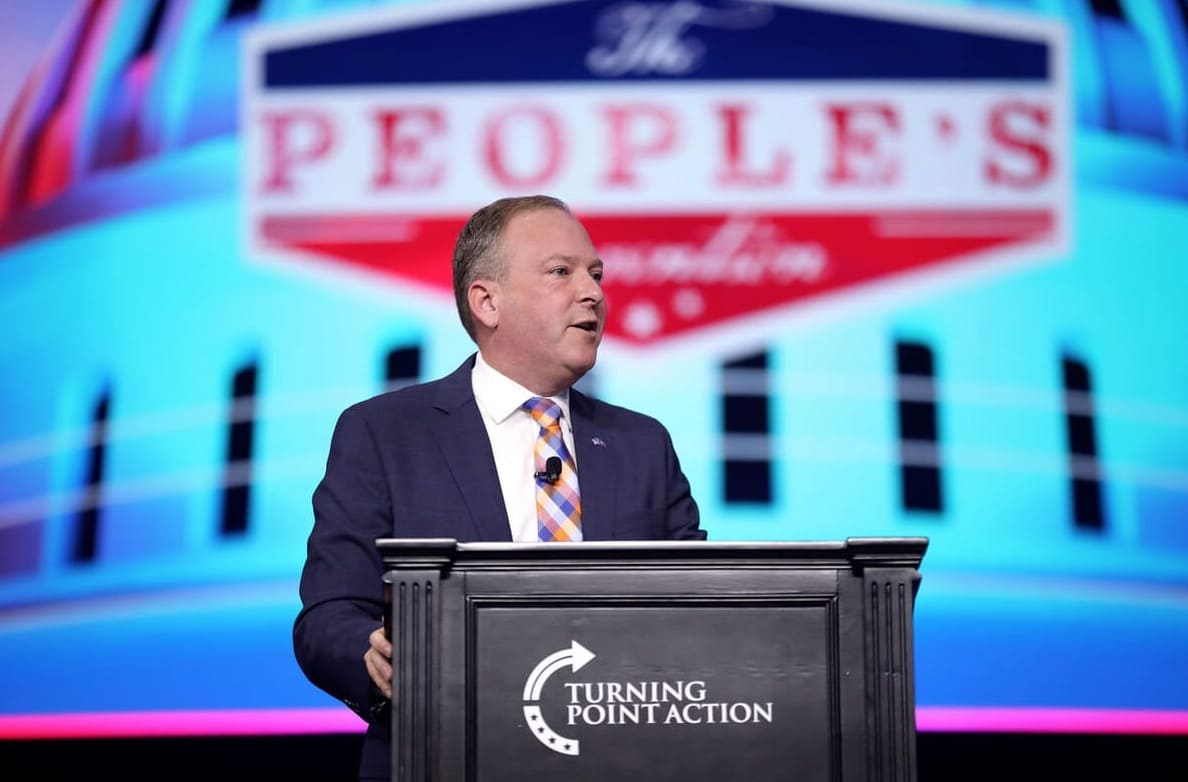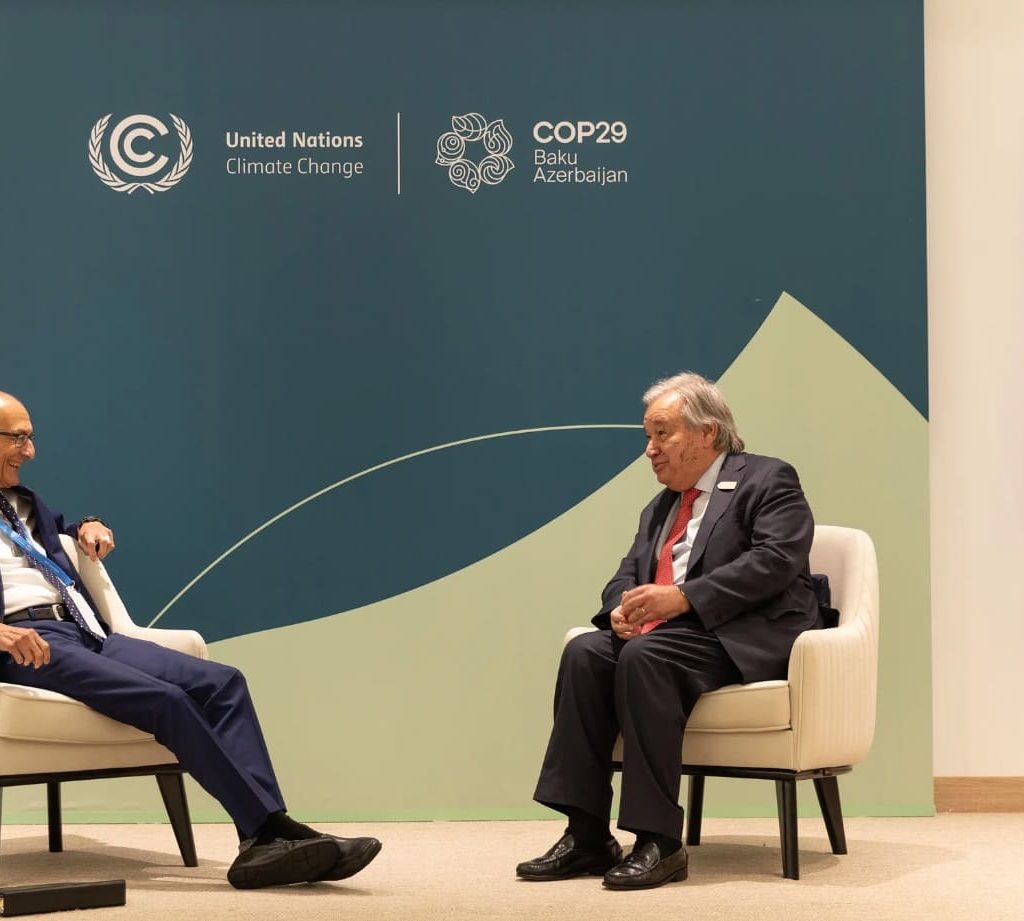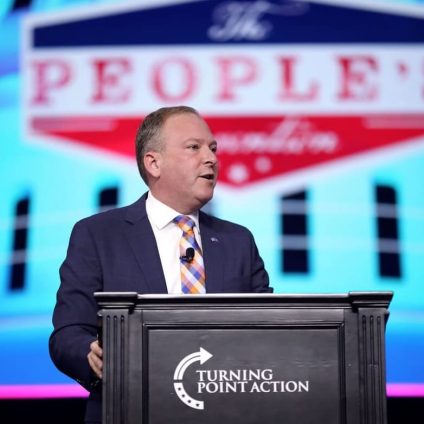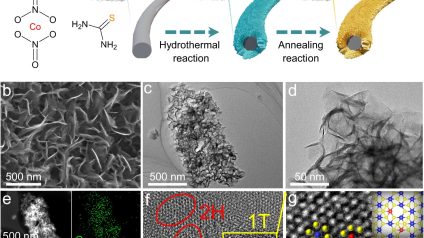Lee Zeldin, known for his controversial climate positions, has been appointed EPA head by Trump. This choice will deeply impact U.S. environmental and energy policy and is already affecting COP29.

Wild deregulation. This is the task of the new head of the U.S. Environmental Protection Agency. History repeats itself. Trump’s appointment of Lee Zeldin as EPA head promises to replicate the efforts (partly successful) from his first term (2016-2020) to dismantle U.S. environmental legislation, favoring polluting industries and fossil fuel companies.
Lee Zeldin’s Appointment as EPA Head
The appointment of Lee Zeldin as the head of the U.S. Environmental Protection Agency (EPA) is a strategic move by Donald Trump to consolidate an environmental deregulation policy that favors American businesses.
Trump’s Reasons Behind the Appointment of Lee Zeldin as EPA Head
Trump has made his reasons clear: Zeldin’s appointment aims to eliminate regulations that, according to Trump, hinder the economy and limit the U.S. industrial potential. Trump has called for “swift and just deregulation decisions” to “unleash the power of American businesses.” In short, Lee Zeldin’s appointment serves to promote fossil energy and reduce environmental regulations.
Deregulation is, in fact, a core theme of the new administration. Recently, Trump announced the appointment of Elon Musk (along with Vivek Ramaswamy) to lead a newly created entity: the Department of Government Efficiency (DOGE). Its mission? “To dismantle federal bureaucracy, trim excessive regulations, cut waste, and restructure federal agencies,” according to Trump. The goal is to complete this by July 4, 2026, the 250th anniversary of American independence.
Similarities and Differences Between Zeldin and Trump
Trump likely chose Zeldin for his long-standing opposition to climate change regulations and skepticism toward international agreements like the Paris Agreement, from which Trump has already pledged to withdraw. Zeldin has previously referred to climate change as merely a “media narrative.”
This stance aligns perfectly with Trump’s vision. Instead of adapting to the climate crisis, the priority should be U.S. energy independence and strengthening the fossil fuel industry.
What Exactly Will Lee Zeldin Do at the EPA?
What role will Zeldin play in Trump’s deregulation agenda? Zeldin has a history as a pro-business, anti-regulation legislator. As a former Congressman, he voted against environmental protections and the promotion of alternative energy. He supported, for example, fracking, the construction of new oil pipelines, and even proposed removing the gas tax.
In his new role as EPA head, Zeldin is expected to focus on several key areas of deregulation:
- Reversing Air Pollution and Climate Rules: Zeldin has already criticized Biden’s emission regulations, and one of his first actions is likely to dismantle many of Biden’s environmental regulations that limit greenhouse gas emissions. This could include scaling back vehicle emission requirements and eliminating subsidies for low-emission technologies.
- Limiting State Autonomy: States like California are known for imposing stricter environmental standards than federal ones. Under Zeldin, the Trump administration could push to limit California’s ability to impose advanced standards, particularly in the automotive sector, and encourage less stringent, standardized federal regulations.
- Cutting Funding for Clean Energy: Zeldin has criticized tax incentives and funding for renewable energy under the Inflation Reduction Act. Under his leadership, the EPA may cut or reduce funding for renewable energy programs in favor of the gas and oil industry.
Undermining Biden’s IRA
Zeldin will be a key player in Trump’s efforts to dismantle Biden’s Inflation Reduction Act (IRA) of 2022.
The IRA is the most substantial plan for the U.S. energy transition to date, with significant investments in renewable energy aimed at reducing greenhouse gas emissions and fostering the adoption of more sustainable technologies. Its main provisions include:
- Tax credits for renewable energy, such as solar and wind energy, to incentivize production and installation.
- Funding for research and development of green technologies like carbon capture and energy efficiency.
- Incentives for electric mobility, including support for electric vehicle adoption through tax breaks.
- Investments in green infrastructure, like building charging stations for electric vehicles and upgrading power grids to support renewable energy.
According to Zeldin and Trump’s past statements, they will begin to undermine the IRA with two main arguments: the high cost to the government and the potential distortion of energy markets.
Zeldin has long believed that Biden’s policies have created an excessive financial burden, especially through tax increases and unsustainable public spending. From this perspective, incentives are an improper market distortion that should be left to the market to decide on technologies.
Trump views the IRA as a series of subsidies harmful to traditional energy companies (oil, gas, coal), which he believes undermines U.S. energy independence. Additionally, Trump argues that renewable energy incentives increase energy costs for consumers and businesses.
Reactions to Zeldin’s Appointment
Environmental groups in the U.S., such as the Sierra Club and the League of Conservation Voters (LCV), immediately condemned Zeldin’s appointment.
The Sierra Club accuses Trump of selling out Americans’ health, emptying environmental protections, and allowing large corporations to continue polluting unchecked. The LCV highlights Zeldin’s opposition to key pillars of U.S. environmental legislation, such as the Clean Air Act. Earthjustice claims that Zeldin will put politics ahead of science and contribute to dismantling U.S. environmental protection.

Inevitably, the news of Lee Zeldin’s appointment as head of the EPA landed like a heavy blow on the ambitions of COP29, which is currently taking place in Baku. Without the world’s second-largest polluter, the success of climate diplomacy is much more uncertain. The U.S. exit from the Paris Agreement would also serve as a disincentive for other major economies to commit, as they might fear “unfair” competition from the U.S., which an accelerated industrial transition would not bind.
John Podesta, President Biden’s special envoy for climate, tried to reassure everyone at COP29, stating that U.S. climate efforts would not stop with Trump’s re-election. However, Podesta also acknowledged that Trump would pull the U.S. out of the Paris Agreement and seek to reduce environmental regulations.
FAQ
Why did Trump choose Lee Zeldin for the EPA?
Trump selected Lee Zeldin for his deregulatory vision, focusing on policies that promote the free market and economic growth while opposing restrictive environmental regulations. Zeldin is seen as an ally in the mission to reduce federal regulations and promote fossil energy.
What are Zeldin’s views on climate change?
Zeldin has historically questioned the urgency of climate change, criticized the Paris Agreement, and opposed many environmental regulations. He has supported initiatives related to renewable energy but has often aligned with policies favoring the fossil fuel industry.
How will Zeldin’s appointment affect COP29 and global environmental policy?
Zeldin’s appointment worries international actors, as it could signal a return to American policies that weaken global climate commitments. His deregulatory vision risks diminishing U.S. leadership in global climate initiatives, negatively influencing negotiations at COP29.












